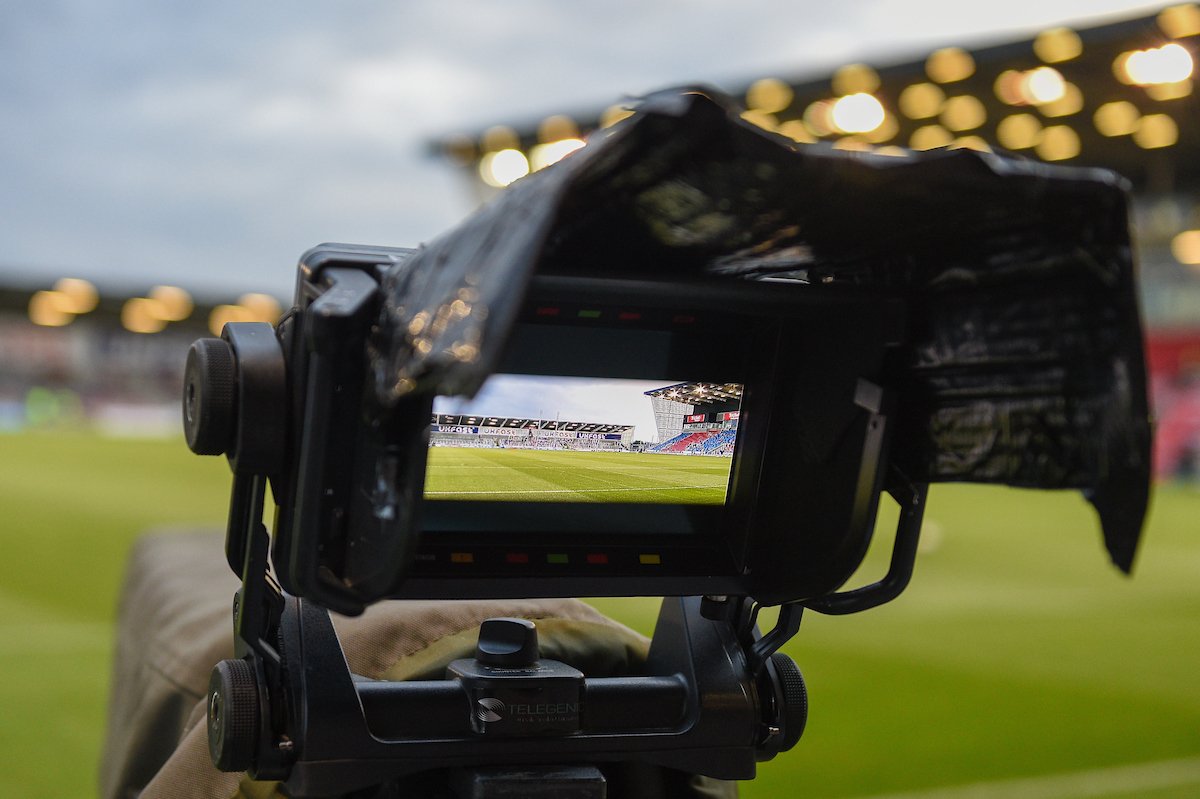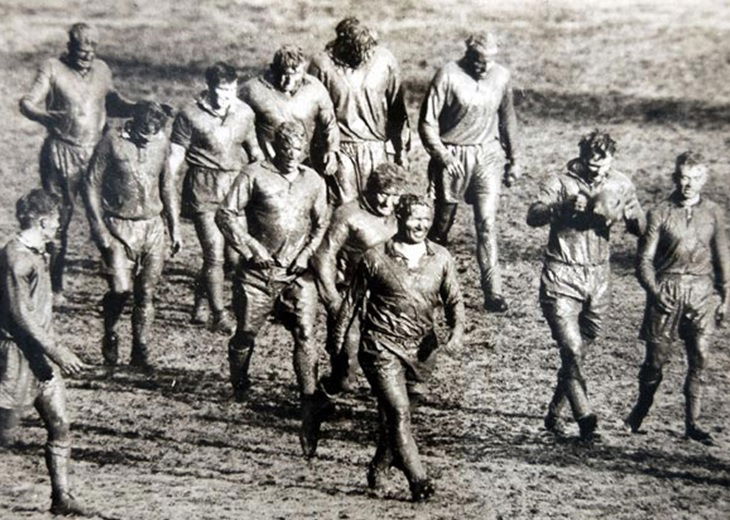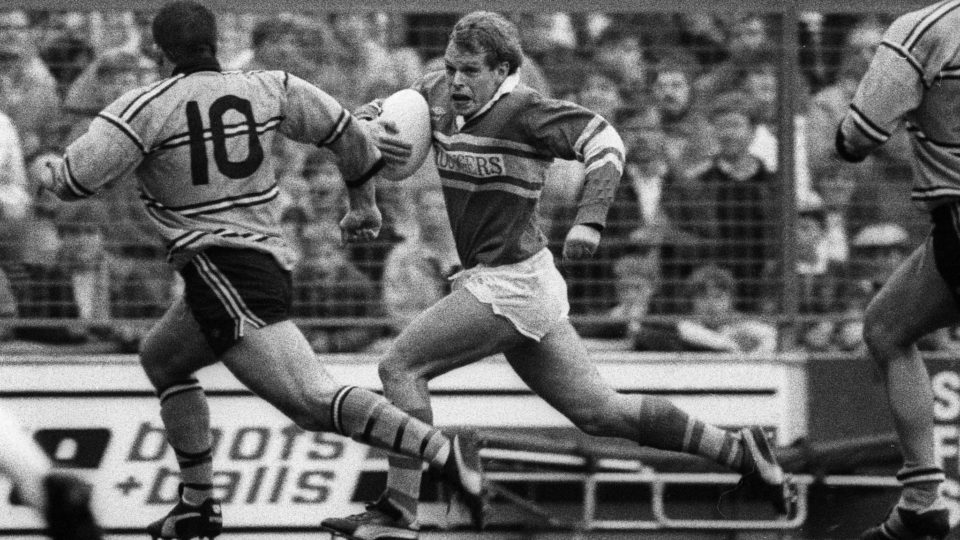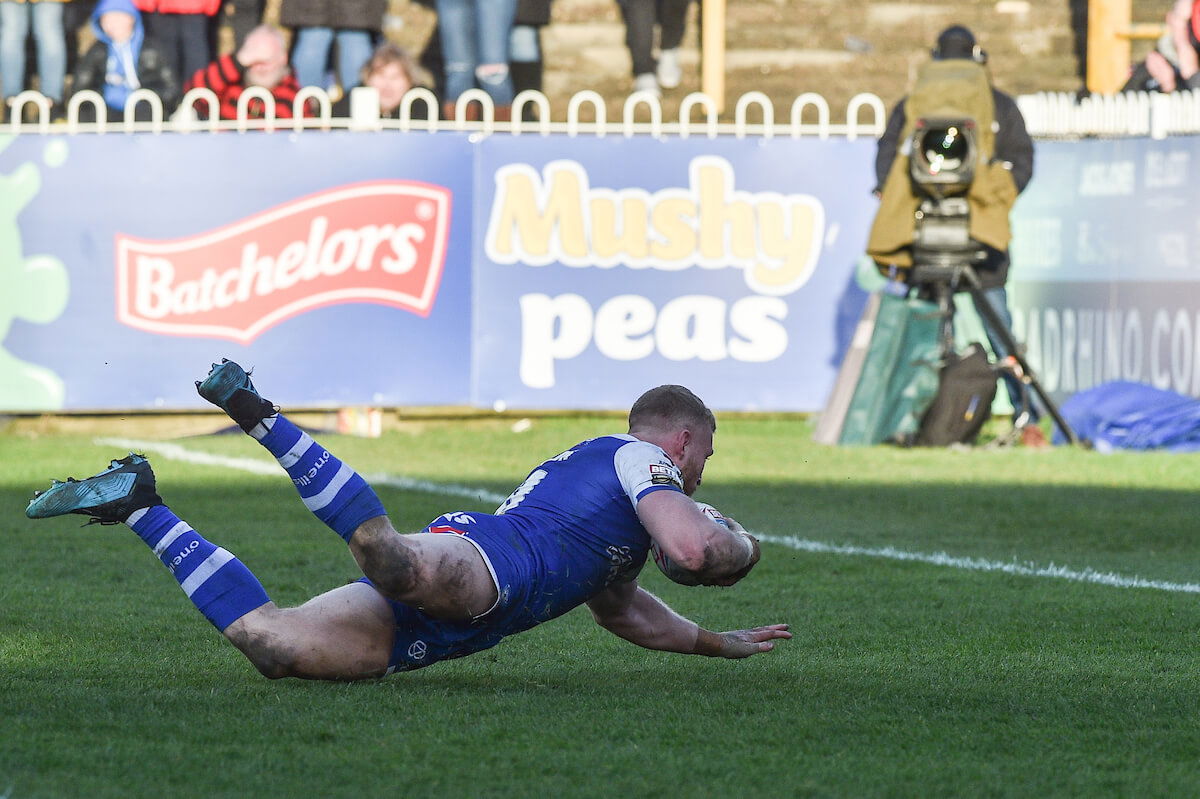
It has been 25 years since Sky Sports ‘took over’ the sport of rugby league. In a time when the game was riddled with debts and no money to pay them off, Sky decided the sport was worth saving and invested millions to secure the rights.
In that move, Sky Sports became the saviour of rugby league as we know it. But there is another side to this story, a side that seems to question Sky’s motives, which begs the question, is that degree of control just as bad for the game, as the investment was good for it?
Let’s make no bones about it, we have our sport to enjoy because of the financial support of Sky Sports, without it, the game would have died. The investment has brought new optimism, more marketing and the game has definitely expanded, albeit not as much as was initially anticipated.
Rugby league before Sky Sports
Since this sport was born out of protest in 1895, it has constantly evolved, sometimes for the good, sometimes for the bad. Originally 22 clubs broke away from the shackles of rugby union because many working class players couldn’t afford to take time off work to play. In that moment league became a working class sport; its players still had regular day jobs and would train on evenings and play on weekends. They would pay to get themselves to games, wherever they may have been, and the product on the pitch was unrecognisable from what we see now. Pitches were mud baths, scrums were vigorously contested and there was a guaranteed punch-up every 10 minutes. Hookers were hookers, dummy runners weren’t a thing and ‘winning pay’ ensured both teams would leave it all out on the pitch.

Rugby league in the 1950’s.
The rough, tough and uncompromising style of this winter sport suited its spectators down to the ground. Supporters flocked to the terraces each week, no matter what the weather, to watch an entertaining game, but one that had a serious lack of health and safety. If you ask those who grew up watching the game around this time, they will tell you that this was ‘proper rugby league’ and they may have a point, given it stayed that way for a long, long time.
It’s not hard to find someone on these shores who is disenchanted with what they perceive the game has become. The 60s and 70s are often referred to as the ‘glory years’ by such people, a time when the iconic Great Britain brand was at its peak. The Lions were not just hugely successful, but they were trailblazers in a time when racial discrimination was widespread. Though rugby league was far from exempt from prejudice, the decision to make Clive Sullivan the first ever black captain of a major British international sports team broke many racial barriers. It was a time when rugby league had power and you only have to go back to the start of the 90’s to see what many believe is a completely different sport to the one we have now. The Stones Bitter Championship Divisions, the Premiership Trophy and Divisional Premiership, the BBC 2 Floodlit Trophy, the John Player Special/Regal Trophy, the Yorkshire Cup, the Lancashire Cup and the War of the Roses – all prestigious competitions that one by one have fallen by the wayside. Now, there is no question rugby league needed an overhaul, but the scale of the changes both on and off the pitch were quick and drastic.

Leeds taking on Castleford in the 1988 Yorkshire Cup Final. Credit: Leeds Rhinos
Rugby league with Sky Sports
The arrival of Sky Sports in 1996 was crucial to the future of the sport. The initial £87m, five-year deal gave the game a new lease of life in times of financial struggle. They revolutionised rugby league with the arrival of Super League, a product modelled on Premiership football which Sky brought about four years earlier. This wasn’t just a touch up, it was a complete makeover as rugby league became fully professional and was switched to be played over the summer months. Team names were changed, video referees were introduced and the whole sport dared to dream when Paris Saint-Germain were formed as part of a plan to expand to big cities across Europe.
But despite 18,000 passionate fans attending the competition’s first ever game in the French capital, Super League’s dream never got off the ground. Attendances in Paris soon dwindled, while attempted club mergers caused friction and divides within the sport. Traditionalists saw no reason to expand outside of the ‘M62 corridor’ and by the start of the 1998 season, PSG were gone and things changed again. A salary cap was brought in to make the league more competitive, while the Super League Grand Final was introduced in Sky’s attempt to give rugby league its big showpiece event. Whether these changes have had a positive or negative effect on the game are up for debate, but one thing that isn’t is the fact rugby league has fallen behind.

Sky Sports have covered every Super League season since 1996. Credit: News Images
While other sports have financially reaped the rewards of Sky TV, becoming hugely wealthy from global coverage and sponsorships, Super League has failed to ignite. This has resulted in many desperate attempts to reach a new audience, changing the structure of the competition on numerous occasions, along with kick-off times and on-field rules. But these have only caused more damage to a sport that has arguably gone backwards over the last decade, with empty stadiums and poor quality games a familiar sight on a Thursday and Friday night.
After almost five months without rugby league, we are all now ready to tune in this weekend to watch the behind-closed-doors matches on TV. I’m intrigued to see how the game takes shape with no scrums and the ‘six-again’ rule, and there is no question the production from Sky will be, as it always has been, top quality. But the bigger picture isn’t quite as rosy, with the recent £16m government loan needed to save the sport only highlighting its precarious financial position. The truth is that without Sky Sports, rugby league wouldn’t be able to stand on its own two feet. So despite all the changes both on and off the field over the last 25 years, rugby league is still in the exact same position as it was in 1996.





























Andrew Parkinson
August 2, 2020 at 11:35 pm
Some good points are made here, however the article seems to suggest that Sky stumbled across RL in 1996, and suddenly threw all this money at it?!
In actual fact Sky had been televising RL for several years prior to that, since around 1990 (guestimate without actually checking). Prior to Super League, the televised Stones Bitter Championship programme was termed The Big League.